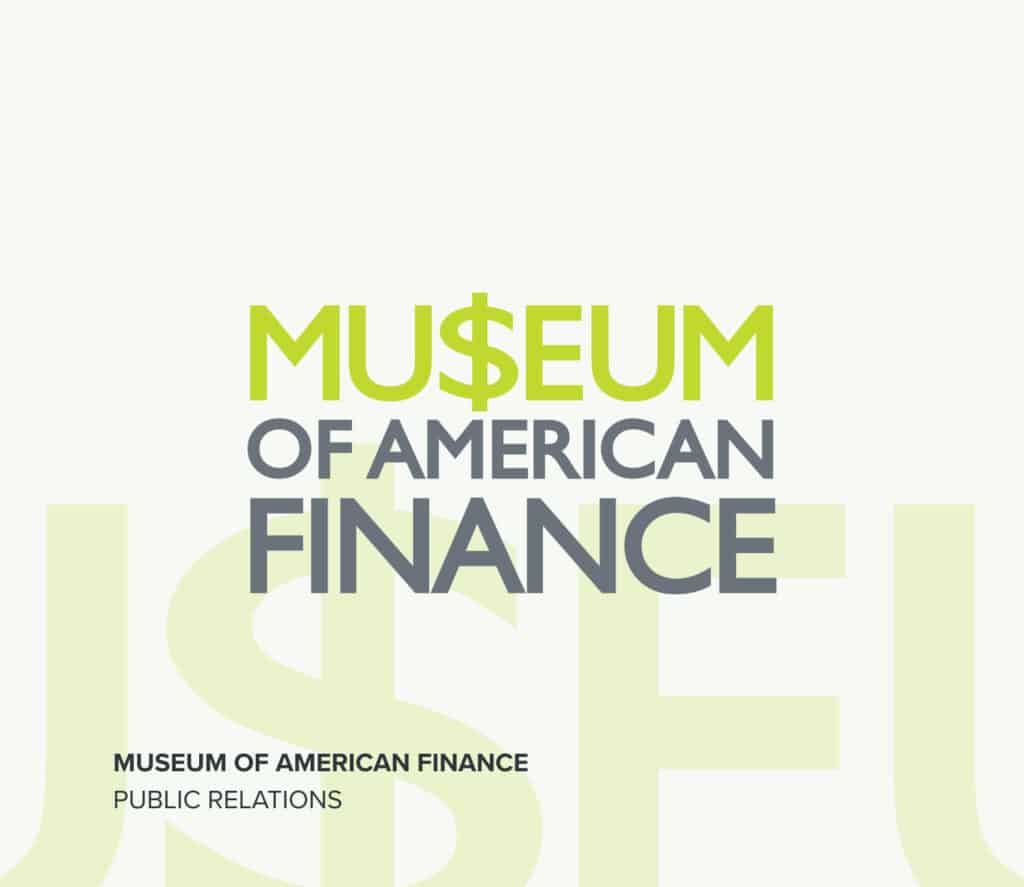Self-professed financial services geeks shouldn’t care about who killed whom on EastEnders, right? Corporate business strategies bear no relation to Keeping Up With The Kardashians…
Well… not quite.
Celebrity and pop culture has always influenced the status quo, which in turn impacts how consumers interact with financial services firms.
As well as the social reforms that came about thanks to his writing, Charles Dickens is widely accredited to have given us the cultural blueprint for the ‘traditional’ Christmas we know today. The medieval saint, Joan of Arc, had a profound effect on women’s suffrage, lending a legitimacy to the movement without which it may not have succeeded. In the mid-90s, swathes of women walking into hair salons asked for ‘The Rachel’.
As communicators, popular ‘low brow’ culture can be a powerful vehicle through which to tell stories and elicit emotional responses from our audiences. As the journalist Vicky Spratt posits, “We rarefy high culture and dismiss low culture as banal or obvious. But don’t kid yourself, The Only Way Is Essex…was nothing short of revolutionary…there’s nothing more fascinating than how people interact with each other.”
But what about when pop culture and finance collide?
In 2019, the FT reported on how the then-relatively new platform TikTok had begun to transform the relationship between performers and audiences. Fast forward to 2021, and HSBC launched an initiative using TikTok influencers to engage with first year university students about the important financial decisions that affect them during the course of their degree.
The phenomenon of celebrity endorsements in financial services doesn’t just apply to younger audiences though. Paris Hilton, Floyd Mayweather, and Jamie Foxx have all helped to publicise products – from home improvement loans to exchange traded funds and cryptocurrencies. In a world where your social media following is currency, brands are capitalising on big names to reach previously untapped audiences.
Soap operas, too, have led the way over the years in affecting positive change or raising awareness of hard-hitting issues, from spotting the signs of cancer to domestic violence.
EastEnders was also praised for a storyline which highlighted the strong link between financial problems and mental health.
As the former editor-in-chief of Vogue, Diana Vreeland once said, “we all need a splash of bad taste”. So next time you’re scanning Investment Week, have a glance at Grazia, too.


